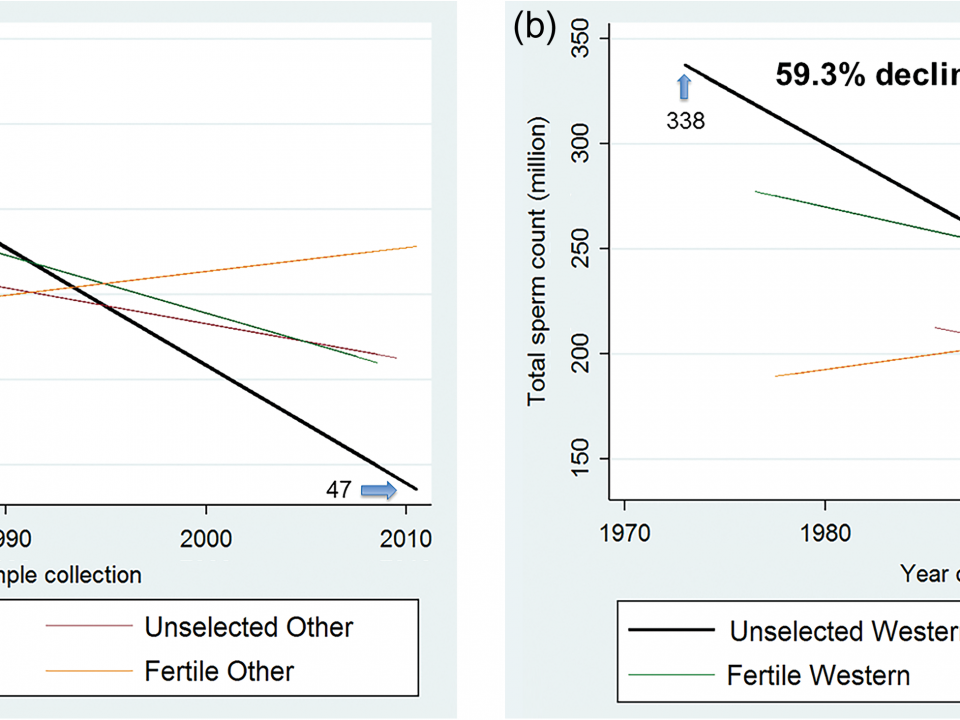Here’s a paper from Wulf Droge (et al.), who has done pioneering work in amino acid metabolism, Role of cysteine and glutathione in HIV infection and other diseases associated with muscle wasting and immunological dysfunction.
The combination of abnormally low plasma cystine and glutamine levels, low natural killer (NK) cell activity, skeletal muscle wasting or muscle fatigue, and increased rates of urea production defines a complex of abnormalities that is tentatively called “low CG syndrome.” These symptoms are found in patients with HIV infection, cancer, major injuries, sepsis, Crohn’s disease, ulcerative colitis, chronic fatigue syndrome, and to some extent in overtrained athletes. The coincidence of these symptoms in diseases of different etiological origin suggests a causal relationship. The low NK cell activity in most cases is not life-threatening, but may be disastrous in HIV infection because it may compromise the initially stable balance between the immune system and virus, and trigger disease progression. This hypothesis is supported by the coincidence observed between the decrease of CD4+ T cells and a decrease in the plasma cystine level. In addition, recent studies revealed important clues about the role of cysteine and glutathione in the development of skeletal muscle wasting. Evidence suggests that 1) the cystine level is regulated primarily by the normal postabsorptive skeletal muscle protein catabolism, 2) the cystine level itself is a physiological regulator of nitrogen balance and body cell mass, 3) the cyst(e)ine-mediated regulatory circuit is compromised in various catabolic conditions, including old age, and 4) cysteine supplementation may be a useful therapy if combined with disease-specific treatments such as antiviral therapy in HIV infection.
For a more complete explanation of how cysteine, glutamine, and leucine levels regulate muscle mass and protein catabolism and anabolism, see Droge’s Oxidative stress and ageing: is ageing a cysteine deficiency syndrome? These three are all amino acids – the products of protein catabolism – and are thus all highly amenable to nutritional manipulation. In particular, whey protein is cysteine-rich, and will thus help replenish glutathione and ameliorate oxidative stress. Also, n-acetylcysteine is another cheap and safe method of replenishing glutathione.
Note that the authors of the paper say that “low plasma cystine and glutamine levels, low natural killer (NK) cell activity, skeletal muscle wasting or muscle fatigue” are common to a number of conditions, including “HIV infection, cancer, major injuries, sepsis, Crohn’s disease, ulcerative colitis, chronic fatigue syndrome”. This condition can be described as a chronic catabolic state, that is, a state of constant breaking down of muscle and other tissue. Discovering that a chronic catabolic state existed in chronic fatigue was in fact a key point for me in figuring out how to cure my own chronic fatigue, and forms an essential part of the method I describe in my book to overcome it. The connection with poor nutritional practices, including vegetarianism and high carb, low fat, low protein diets should be clear: if you don’t give your body high-quality protein, rich in cysteine and leucine, you encourage your body to break down muscle and other tissue to provide the constant level of amino acids in the bloodstream that it requires, and you leave yourself deficient in glutathione, leading to wasting and fatigue.
Sarcopenia, or muscle wasting, is also seen in aging, and this may be due to several things: high levels of inflammation and oxidative stress, as well as poor protein nutrition and lack of exercise. (These can also lead to other pathologies of aging, including osteoporosis and dementia.) N-acetylcysteine and whey protein are also quite useful here, preventing chronic catabolism in aging.
As we get older, and as we develop “inflammaging” due to continuous exposure to antigens and pathogens, oxidative stress and inflammation increase. As also with the above conditions (HIV, chronic fatigue,Crohn’s, etc.), chronic (and acute) illnesses increase oxidative stress and inflammation. These can be guarded against, and in my opinion often overcome, through proper nutrition and supplementation, including proper protein nutrition and supplementation with n-acetylcysteine, as well as branched-chain amino acids, most notably leucine. (Whey is also rich in BCAAs, as well as cysteine.)
I’ll also note here that oxidative stress and inflammation are features of many mental illnesses, including depression and bipolar.
To sum up: if you have one of the pathological conditions listed above, or are elderly, avoiding chronic catabolism engendered by oxidative stress and inflammation is important, and may indeed by the key to improved health. Normal levels of glutathione are a must for healthy functioning and avoidance of wasting. It should also be noted that overtrained athletes can have this condition, which provides both a refutation of some assertions I’ve seen that overtraining is a myth (it is not), as well as a means of dealing with and/or preventing overtraining.
For more on this, plus additional information on overcoming fatigue, see my book, Smash Chronic Fatigue. Also, NutraBio whey, which is undenatured and cold-processed, is the kind I recommend, along with this type of n-acetylcysteine.









5 Comments
What is chronic fatigue?
I’m 72 and have been suffering from adrenal fatigue many yrs due to lifelong stress and bad diet…now find myself in catabolic state. I used to be fit and active, but lost weight and muscle mass.
Is there hope for me to reverse this?
Robyn, grab a copy of my book on chronic fatigue. Yes, there is hope.
Just stumbled across this searching for answers on the catabolic state. I’m a 46 year old in-line speed skater who 2 years ago found himself in the throes of adrenal fatigue. I’ve lost the muscle mass I once had and hence power, speed and endurance. Outwardly I look skinny and mang have commented on it. Otherwise it looks like nothing is wrong with me. And this frustrates me. So maybe there’s hope to reverse this??
Yes, there is. See my book Smash Chronic Fatigue.